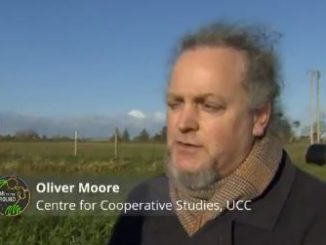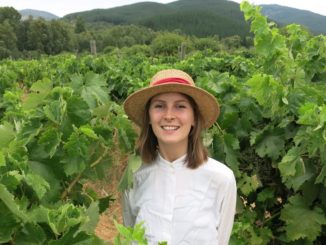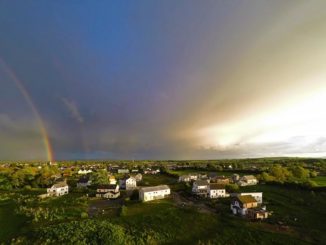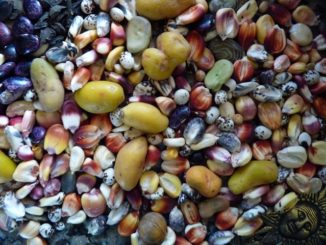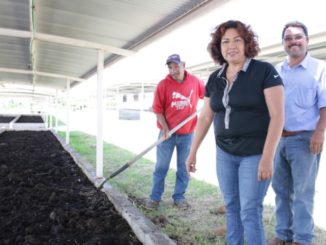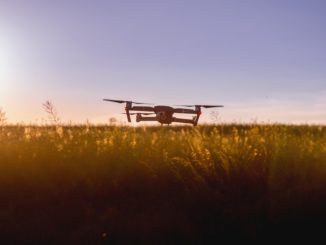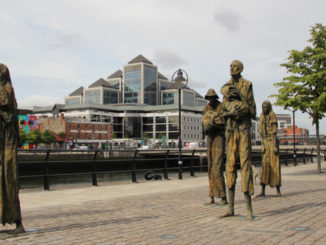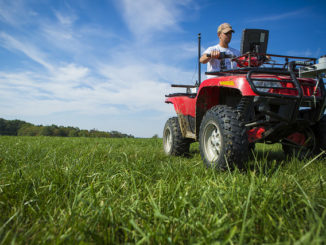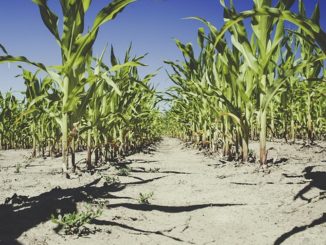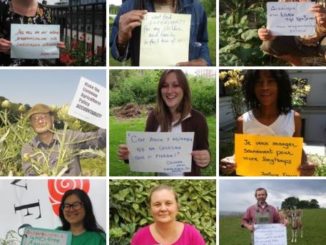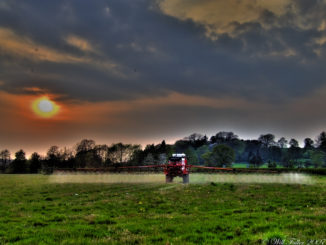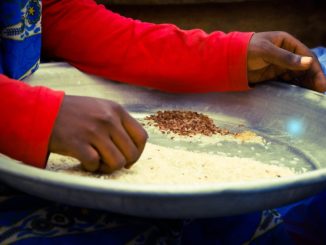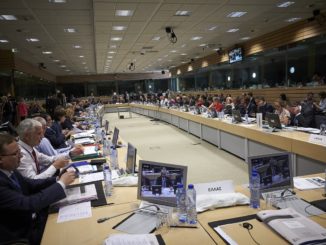Daily updates on whats new on the ARC website and in the CAP debate
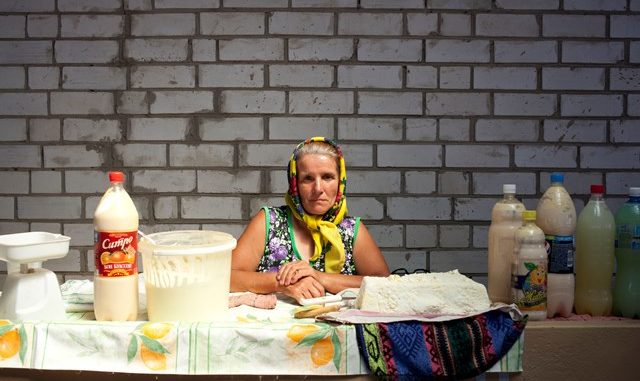
Patriotism, Food Sovereignty & Contemporary Ukraine
Over the last few years, Ukraine went through dramatic political, socio-economic and cultural changes. Dr. Natalia Mamonova investigates how the rising Ukrainian national identity and patriotic sentiments during the geopolitical conflict with Russia changed the ways in which Ukrainian smallholders see their household farming. The revealed transformation may lead to an emergence of a food sovereignty movement in Ukraine. […]

